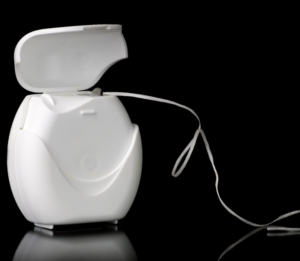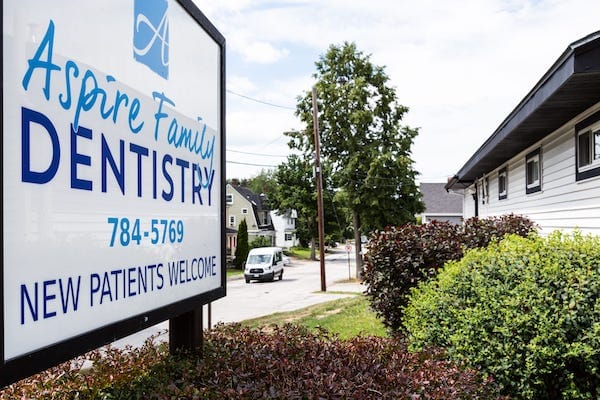A dental implant is one of the best solutions for an adult tooth. Of course, whenever possible it is every dentist’s goal to prevent the loss of a tooth but if one is knocked out in an injury and cannot be re-implanted or needs to be extracted due to severe decay, an implant is a great solution. One of the reasons many patients choose implants over bridges is their lastability. But even with their durability, it is possible for things to go wrong. If a dental implant is cracked, loose, or feels off, you should call a dentist that provides emergency dental services. They will be able to help you get the services you need. In this article, we will cover how to prevent dental implant damage, how to handle dental implant problems, and how to schedule emergency dental visits.
How To Prevent Damage To Your Dental Implant
If you have a dental implant, you need to take care of it the same way you take care of your teeth. Implants, like teeth, are resilient but only up to a point. Avoid chewing on hard surfaces like ice cubes or other non-food items. Hard objects can put significant pressure on your teeth and your dental implants and cause them to crack or break over time. It is also important to clean your teeth and implants with both brushing and flossing. Food and beverages can severely damage your teeth as well as your gums. You might assume an implant requires less upkeep than a natural tooth because it is artificial, and while it is true that bacteria cannot “infect” a dental implant the way it can a tooth, it can erode at the gums.
How To Handle Dental Implant Issues
If you have a dental implant and notice something feels wrong, the first step you should take is to call or contact a local dentist and let them know about the problem. They will be able to tell you if you need to come in immediately, or if it can wait until later in the week. Aside from that, there are a few other steps you might want to take. If you are feeling any oral pain, many dentists would recommend an over-the-counter pain reliever like Aspirin. It is also recommended to avoid chewing on a broken, chipped, or loose implant before seeing a dentist.
Dental Implant Replacement Procedures
A dental implant is usually a two-visit procedure. There are often two separate surgeries required for a dental implant. The first surgery involves placing the post into your mouth. The second surgery involves connecting the new “tooth” to that post. Depending on the damage done to the tooth it might be possible for only one procedure to be necessary when replacing the implant. If only the false tooth was damaged, that damaged piece can be removed and replaced with a new one. However, if there was extensive damage to the implant you might need the implant fully replaced.
Emergency Dental Office in Lewiston, Maine
If you live in the Lewiston Maine area and need to see an emergency dentist, please give us a call. We work with a network of dentists in the Southern Maine area and can help you get seen right away.
Learn More About Dentistry:

Why Do Gums Bleed When You Floss?
Bleeding gums are a common sign that you might have gum disease or other oral issues. But that isn’t always the case. In fact, there

Does Going To The Dentist Fix Bad Breath?
Bad breath is a common concern for many people. It can be off putting to coworkers, friends, and other people in the vicinity if you
What Causes Cavities?
If there is one thing you do not want to hear at the dentist’s office, it is that you have a cavity that will need
What Happens At A Dental Cleaning
Ask any dentist in the country, you should be seeing a dentist for a regular checkup at least twice per year. In fact, almost every
How Do I Handle A Cracked Tooth
A cracked or chipped tooth is a common dental issue. It can be caused from anything from a sports injury to biting down on a
Do I Need A Tooth Extraction?
A tooth extraction is often the last resort for dentists. When at all possible, dentists look for ways to save a tooth either with dental


